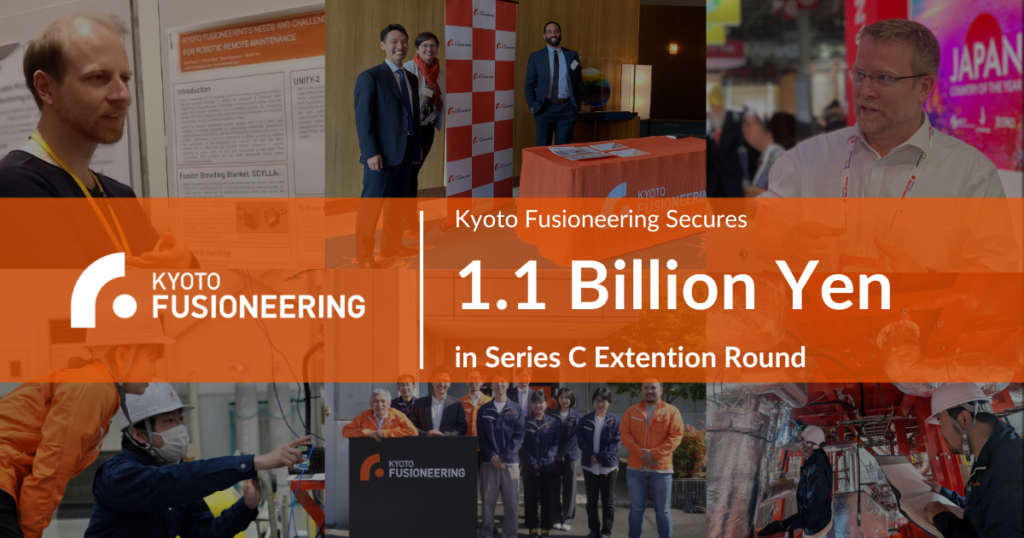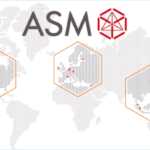ASIA ELECTRONICS INDUSTRYYOUR WINDOW TO SMART MANUFACTURING
Nichicon, Marubeni Lead New Funding to Fusion Startup
Japanese engineering firm Kyoto Fusioneering (KF) has secured a total of 1.07 billion yen from new investors. Specifically, these new investors include In-Q-Tel (IQT), Marubeni Corporation, and NICHICON CORPORATION.
KF is an engineering firm focused on the development of advanced technologies for commercial fusion plants.
The latest series funding brings to 14.8 billion yen total investments raised since the company’s inception in 2019.

Additional funding to drive innovation and development of our technology
Recent accomplishments by KF underscore its commitment to leading the fusion engineering and integration field. In fact, the company announced its joint venture, Fusion Fuel Cycle, Inc, in partnership with Canadian Nuclear Laboratories (CNL). Specifically, to develop “UNITY-2,” a state-of-the-art fusion fuel cycle test facility. Through its new European subsidiary, led by industry expert Dr. Christian Day and his team from Karlsruhe Institute of Technology (KIT). Thus, KF is solidifying its UNITY-2’s position as a premier open platform.
Progress with UNITY-1, our fusion power generation test facility in Japan, has included installation of the first large-scale equipment. Moreover, commissioning and commencement of demonstration tests using liquid metal for high-temperature heat transportation. Through collaborations between industry and academia on its gyrotron system, the company is verifying high frequency and multi-frequency oscillations.
Kyoto Fusioneering – Japan’s leading private fusion company and a global solution provider
On a global level, the communiqué from the recent G7 summit in Italy included the establishment of a G7 working group on fusion energy and a commitment to work together towards a consistent regulatory strategy. In addition, the UK launched a call for industrial partners to build a prototype device for the government-led STEP fusion energy reactor development programme. In May, a workshop organised by ITER, an international fusion consortium comprising 35 nations, called for participation from a wide range of industries. These developments clearly demonstrate a concerted move towards advancements in fusion through public-private cooperation, including collaborations between public institutions and private companies.
Amidst these changes, KF is actively strengthening both its technological prowess and its leading presence in Japan’s fusion sector. As chair of the Japan Fusion Energy Council (J-Fusion), KF plays an important role in bringing together stakeholders from industry, government, and academia nationwide. The council will strengthen Japan’s presence in the fusion sector in support of fusion energy efforts and stronger international ties. Specifically, this has been highlighted in a recent Joint Statement on the Strategic Partnership between Japan’s Ministry of Education, Culture, Sports, Science and Technology (MEXT) and the US Department of Energy (DOE).
In addition, the Japanese Cabinet approved the Fusion Energy Policy and Growth Strategy in June this year, which strengthens public and private sector development capacity, promotes international cooperation and calls for a power generation demonstration in the 2030s.
KF remains committed to serving as a leading solution provider for fusion engineering challenges globally. Moreover, as a gateway to Japan’s fusion-related technologies.
16 August 2024




